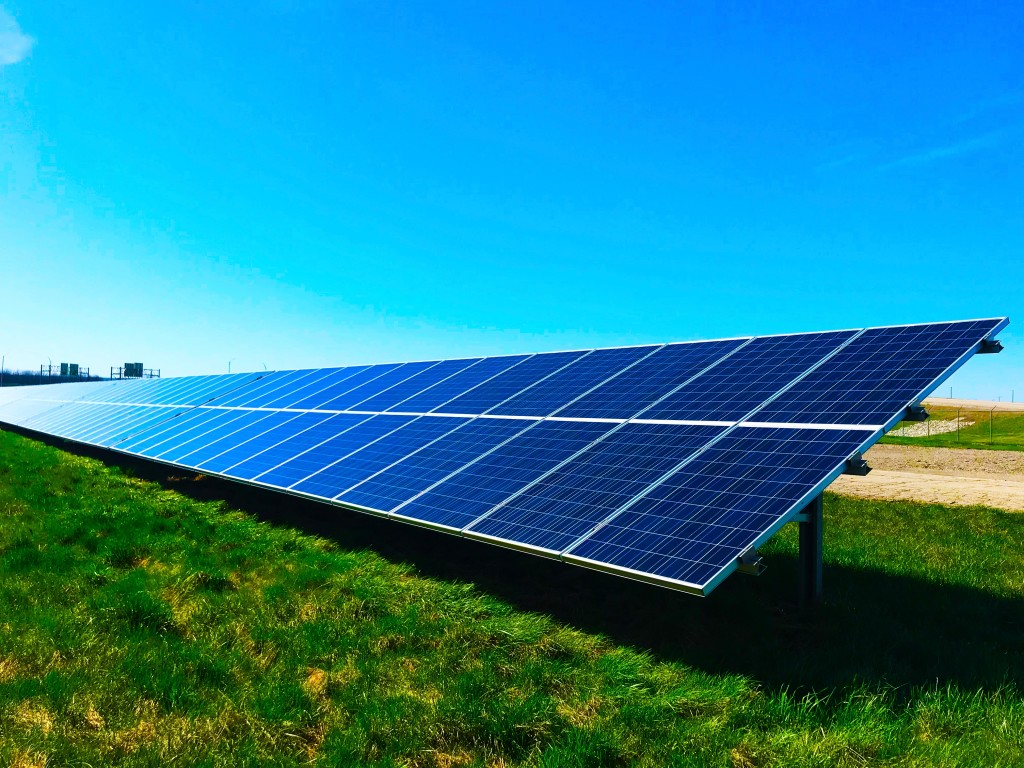2050 might seem like a lifetime away, but a lot can happen in 30 years.
30 years ago The Intergovernmental Panel on Climate Change was established. This was the first instance of scientists warning us about climate change.
Within those 30 years our own emissions have contributed to almost half of the rise in carbon dioxide in our atmosphere.
Where Are We Now?
Thankfully, 30 years on, we have realised the impact of climate change on both the environment and the way we live.
This includes how we use energy in our homes. As the use of gas declines over more energy efficient and eco friendly alternatives.
Better construction has already had a positive impact on energy in the home, with better insulation and A+ energy rated electrical goods.
In 2017 solar power accounted for 3.4% of our total generation of electricity, which was an increase of almost 10% from 2016. In 2018 this more than doubled.
It’s thought that by 2020 one third of households in the UK will be using solar energy, with at least 40% of solar powering electricity (even during winter months).
Where Are We Heading?
The more and more homes that are built in the UK, the more there is demand for cleaner and economical energy.
By 2030 it’s expected that solar energy will be cheaper than gas and fossil fuels, as the price of solar is unlikely to see any increase.
Experts also suggest that by this year we will more likely have hybrid solutions, rather than relying solely on gas. Gas will in theory be supplementary.
It’s also thought that by 2030 there will be much more small homes and apartments, which are easier to heat.
In 30 Years From Now
By 2050 it’s estimated that there will be 8 million new homes built in the UK, all of which will need to be heated in some way.
Experts suggest that by this time we will be using electrical heat pumps, which will account for 20% of all building heat.
It’s thought that consumers will rely more on solar, with stored electricity as a supplement. Electric storage heaters would be able, by this point, to provide 70% of heat to the home.
Where Does This Leave Plumbers?
Although gas may become obsolete, plumbing in the home is still necessary and essential even beyond 2050.
It may mean that plumbers require more training in terms of electrical components, but many plumbers already have knowledge of electric boilers.
We are Gas Safe Registered, OFTEC Accredited, and Baxi Approved Installers, meaning you can rely on the quality and safety of our work and the products we provide, for smooth running central heating systems across Suffolk and Stowmarket, all year round.
For central heating servicing in Ipswich and the surrounding areas, give us a call today to arrange a free quotation and to find out more.











20 Views 1073 Comments